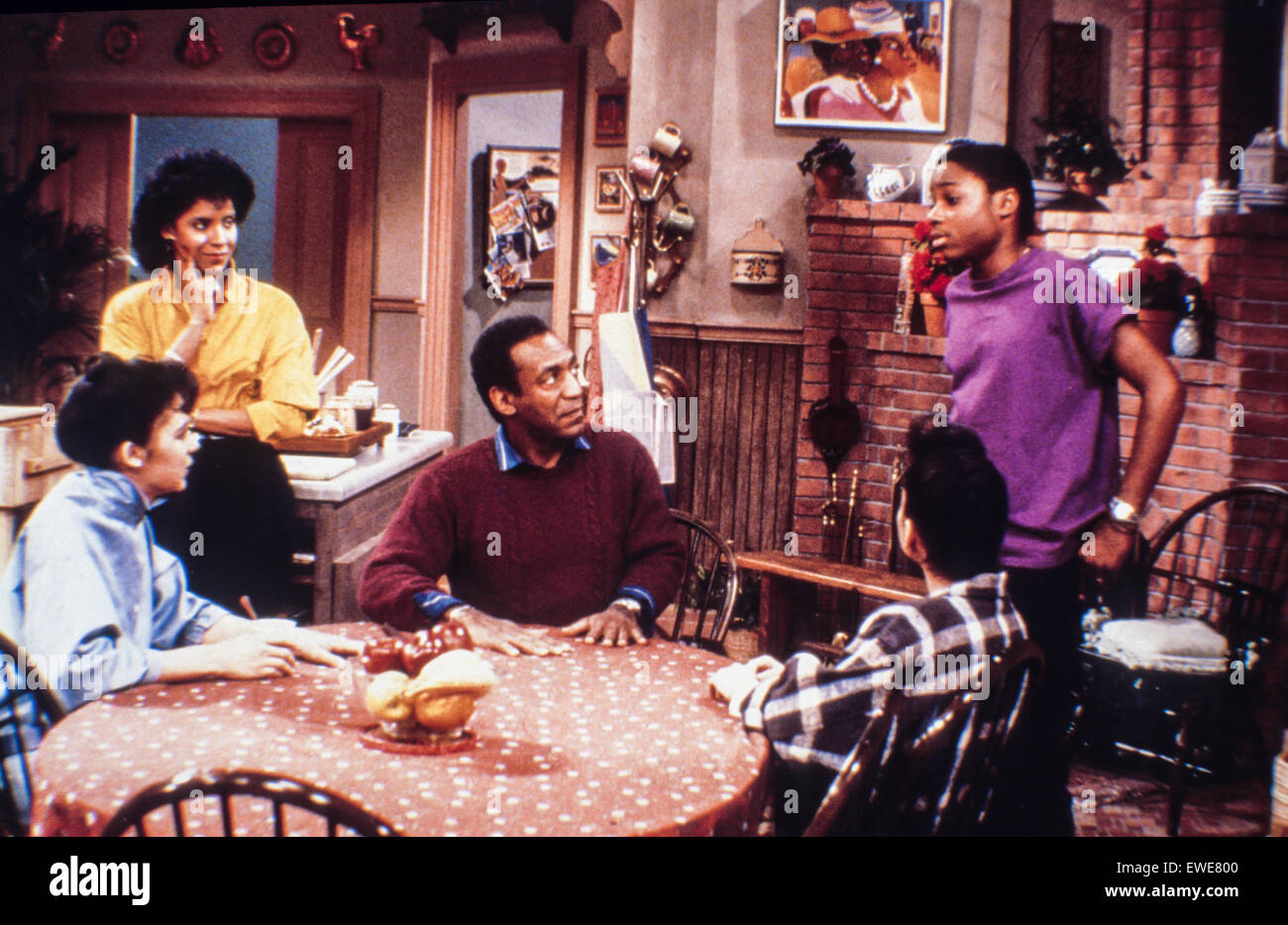
Introduction
When “The Cosby Show” premiered in 1984, television was in desperate need of change. The landscape of TV sitcoms had primarily been dominated by white families, and the few Black characters that appeared were often relegated to supporting roles or stereotypical depictions. “The Cosby Show” was not just another sitcom—it was a cultural revolution. It broke boundaries, presented a positive, loving portrayal of an upper-middle-class Black family, and ultimately changed the face of television forever.
Historical Context: TV Before “The Cosby Show”
Before “The Cosby Show,” the representation of Black families on television was severely limited. Shows like “Good Times” and “The Jeffersons” had made strides, but they still often portrayed Black characters struggling in lower-income situations or as caricatures of real life. Characters like George Jefferson were groundbreaking for their time, but they still didn’t capture the complexity of Black life in America. Audiences rarely saw Black characters in successful, professional roles.
“The Cosby Show” came as a response to this lack of diversity in representation. The show’s central characters, Dr. Heathcliff Huxtable (played by Bill Cosby) and his wife, Clair Huxtable (played by Phylicia Rashad), were both highly educated and successful professionals, breaking the mold of the stereotypical Black character. Dr. Huxtable was a charming obstetrician, and Clair was a brilliant lawyer. They didn’t just defy the norms—they embodied the idea of the American Dream.
The Show’s Impact on TV
One of the key ways “The Cosby Show” changed television was by showing that audiences were hungry for new narratives and diverse stories. The show proved that there was a vast untapped market for positive depictions of Black families. The Huxtables were relatable to viewers across racial lines because their experiences reflected universal family dynamics—love, humor, discipline, and growth.
But beyond the family-friendly content, “The Cosby Show” made a bold statement. It told audiences that success, intelligence, and wealth were not traits exclusive to white Americans. It was about representation. For Black viewers, it was empowering to see a family on television that reflected their own aspirations, values, and realities. For white audiences, it was a rare glimpse into the lives of a successful Black family, helping to break down racial barriers and encouraging more open-mindedness.
Legacy and Influence
The influence of “The Cosby Show” extended far beyond the 1980s. It was a major stepping stone for future sitcoms that focused on Black families. Shows like “A Different World,” which was a spin-off of “The Cosby Show,” and “Fresh Prince of Bel-Air” would follow, further expanding Black representation in mainstream media. The Huxtables opened doors for more inclusive and positive portrayals of Black individuals, something that hadn’t been seen on television before.
Moreover, “The Cosby Show” redefined the sitcom format itself. The show maintained a fine balance between humor and meaningful messages. It used lighthearted comedy to address serious topics like education, relationships, and social responsibility, making it both entertaining and thought-provoking.
Cultural Shift
“The Cosby Show” was more than just a TV show—it was a cultural touchstone. It sparked a shift in how Black characters and families were viewed on TV. The Huxtables weren’t just a symbol of success; they were a family that struggled, loved, fought, and laughed together just like any other family. The portrayal of Black professionals as main characters on a show that was both relatable and aspirational resonated deeply with viewers across the country.
Its success changed the way TV networks thought about Black-led projects. The show provided a blueprint for other series featuring Black families and characters, showing that there was a hunger for diversity in storytelling. It also had a lasting impact on how other minority communities were portrayed in mainstream media, pushing TV producers to rethink their approach to storytelling.
Conclusion
“The Cosby Show” was a game-changer. It shattered stereotypes, introduced new norms, and provided a platform for Black characters to thrive in ways that had never been seen before. The show’s legacy lives on in the media landscape today, with many programs following in its footsteps by offering positive and diverse representations of Black families. Its cultural significance can never be overstated, as it continues to inspire both viewers and creators alike.
